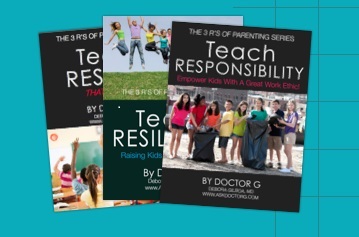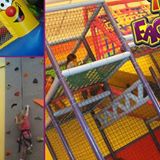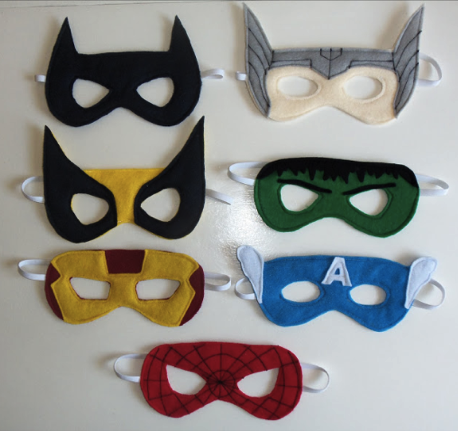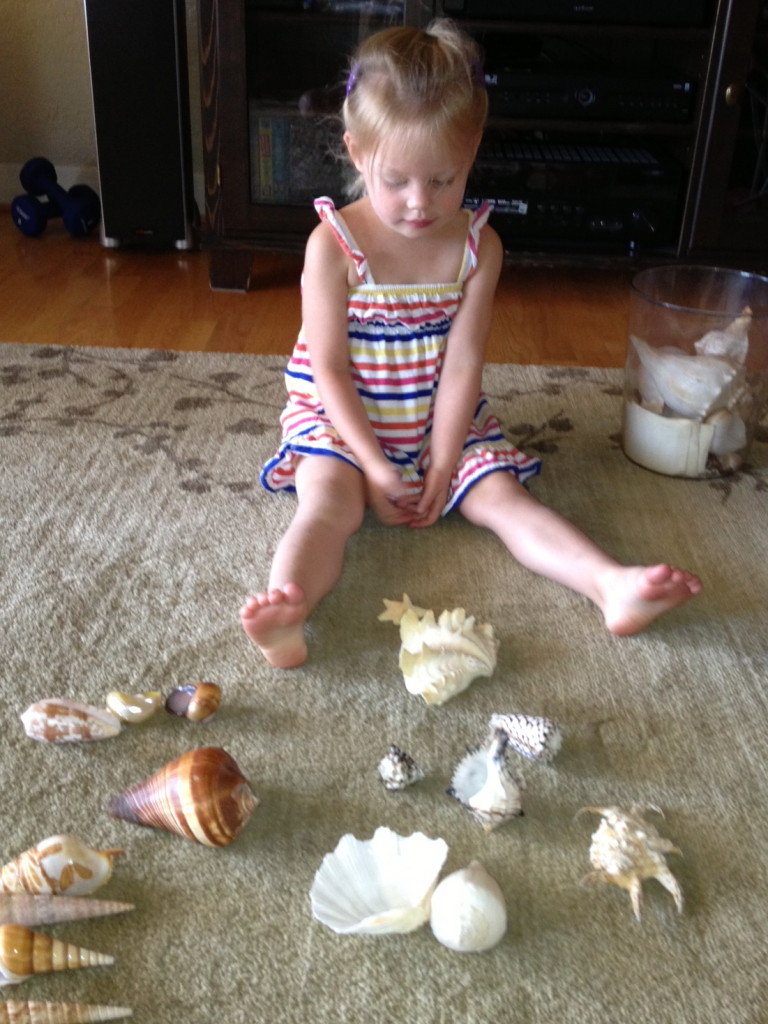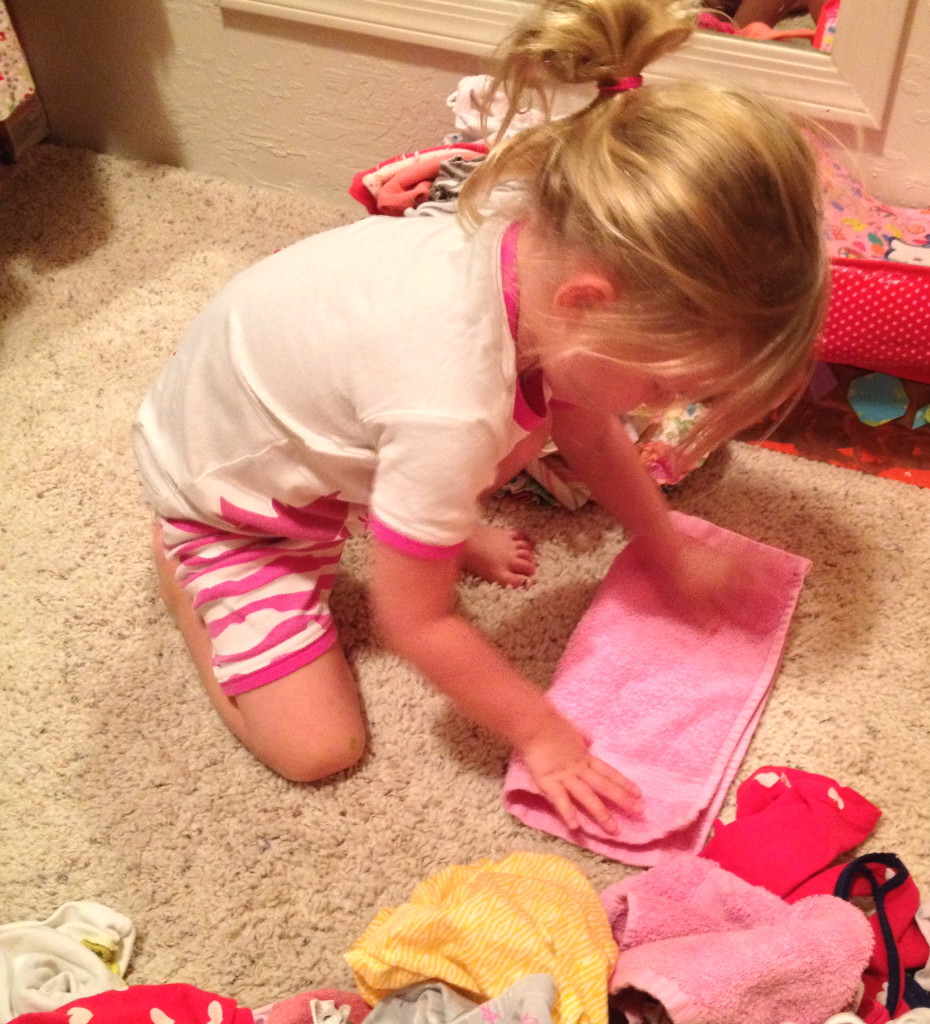
Setting up a thorough estate plan is an essential element of safeguarding your family:
“I was never scared of dying, until my son was born and then I was terrified,” admitted Lori Woodward, a Gilbert Estate attorney. To help parents with similar concerns, Lori has put together a Kid’s Safeguard Plan, including:
Planning and Nominating Long Term Guardians
Nominating Short-term Guardians
Written Instructions for a nanny or caregiver.
A Family Emergency ID Card
Confidential Exclusion of Guardians
Instructions to Guardians
On July 31, 2006 nothing would ever be the same for a San Diego family who were traveling through Arizona. The Barber family was in a tragic car accident on Highway 98 near Page, Arizona. Melanie and Casey, the loving parents of three little boys, ages 3, 6 and 9, died. Their family was thrown into a nightmare.
This is a true story. Mel and Casey had talked about naming guardians to provide for the care of their three sons and the money they’d leave behind. They never got around to it. They likely thought their family would be able to work out who would care for the boys and their money, with love and grace, if anything happened.
That’s not what happened. After the accident, the boys were in the foster care system for a short time until family members could be located. Since then, over 1,000 pages of court documents have been filed, 9 lawyers, and tens (or even hundreds) of thousands of dollars later, the boys will live with their aunt Janine and their money will be managed by a professional charging $100/hour until the turn 18. At which point, the boys will share $22.8 million dollars from the jury verdict in the wrongful death lawsuit of their parents and settlements with other defendants.

Is that what Melanie and Casey would have wanted? We will never know what they would have wanted, but we can be sure they would have done everything they could to avoid what happened. If only they knew how easy it would have been to take care of it.
It does not have to be this way. Putting together a Kid’s Safeguard Plan is simple and can protect your kids from this unthinkable situation.
Learn from their experience! It’s Easy to Protect Your Family and Your Assets with the guidance of a lawyer who focuses on parents like Lori.
By consulting with Lori, you can relax and rest assured your kids will never be taken out of your home or raised by anyone you wouldn’t want.Don’t be one of those people who think they know what to do and leave their loved ones with a complicated mess. Most LAWYERS don’t even know what’s necessary to keep your kids in the hands of people you know and trust.
Readers of my blog, who own their own home and have minor children, can meet with Lori for an absolutely free personal Family Wealth Planning Session (normally $750) to ensure this never happens to your kids. If you already have a plan in place, but want to make sure it adequately protects your kids (most don’t!), ask for your free plan review (normally $950).
To schedule your no-charge Family Wealth Planning Session, call (480) 788-8010 now and mention my blog now.










